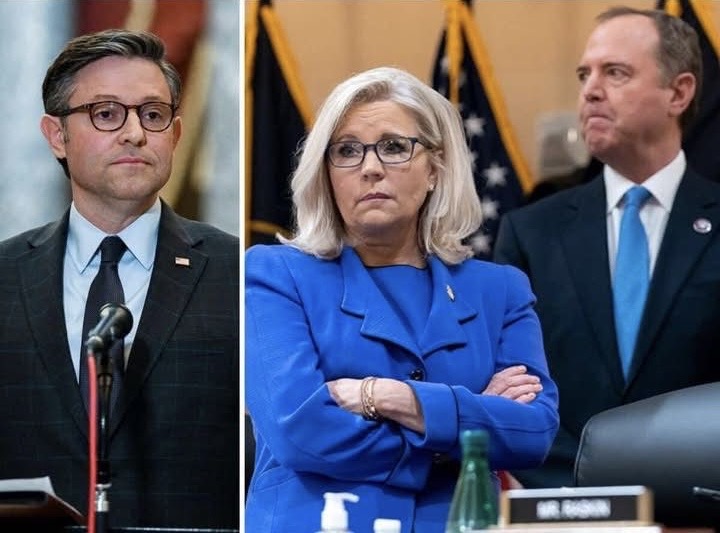Georgia Republican Rep. Barry Loudermilk left a recent meeting with House Speaker Mike Johnson confident that his investigation into the January 6 Capitol attack will become a formal standalone committee in the new Congress. The two marked the occasion with a photo, symbolizing the GOP’s renewed commitment to reshaping the narrative surrounding the 2021 insurrection.
With Republicans now holding the House, Senate, and White House, the move reflects a broader strategy: reviving and expanding GOP-led investigations that were previously stalled or limited under Democratic control. The new January 6 panel is part of that effort, and according to Loudermilk, details are still being finalized—though one potential change would grant Speaker Johnson greater control over committee membership and direction.
The committee aims to reexamine the events of January 6 from a Republican lens, further distancing former President Donald Trump from blame. Loudermilk’s prior work included a controversial report that even recommended the FBI pursue charges against former GOP Rep. Liz Cheney, who was a prominent voice on the previous January 6 select committee.
Loudermilk criticized that earlier panel as being too narrowly focused on Trump, arguing that multiple systemic failures led to the attack. Still, he admitted that branding the new panel with “January 6” might send the wrong message. “It’s somewhat of a trigger,” he told CNN, suggesting the scope should broaden to address wider Capitol security issues.
Speaker Johnson has pledged that the new investigation will be “fully funded,” setting the stage for what’s expected to be a high-profile chapter in the Republican oversight agenda. Alongside January 6, the GOP is reviving other investigations, including probes into the former select committee’s conduct and broader security lapses.
This renewed push for accountability extends beyond Capitol security. On Monday, House Republicans reissued subpoenas in two high-profile cases: the Hunter Biden tax investigation and special counsel Robert Hur’s probe into President Biden’s handling of classified documents. These subpoenas revive efforts from the last Congress that remain entangled in legal battles.
The Justice Department, now under Trump’s control, is expected to be more responsive to GOP-led requests. One subpoena targets audio recordings of President Biden’s interviews with his ghostwriter, Mark Zwonitzer, related to Biden’s post-vice presidency memoir. While conservative groups and media organizations, including CNN, are pressing for the release of these tapes, the DOJ has continued to argue in court that they should remain private.
Meanwhile, subpoenas directed at DOJ tax investigators Jack Morgan and Mark Daly—linked to the Hunter Biden case—are an extension of prior efforts blocked by the department. A lawsuit is ongoing in D.C. federal court, where Judge Ana Reyes is considering whether the men can be compelled to testify.
The GOP’s broader agenda also includes potential scrutiny of special counsels David Weiss and Jack Smith. While earlier efforts to challenge their prosecutions were largely ineffective while investigations were active, Republicans now appear poised to reignite those battles with new political momentum.
